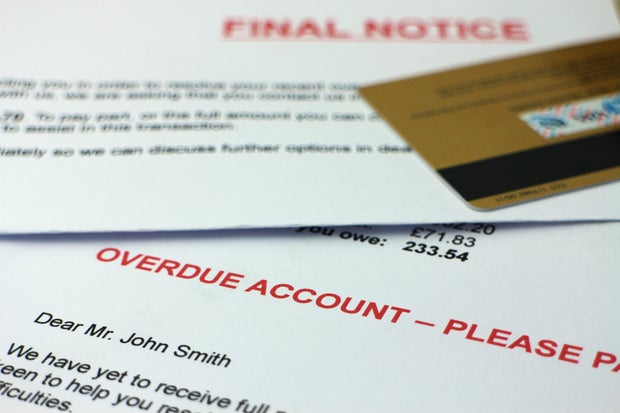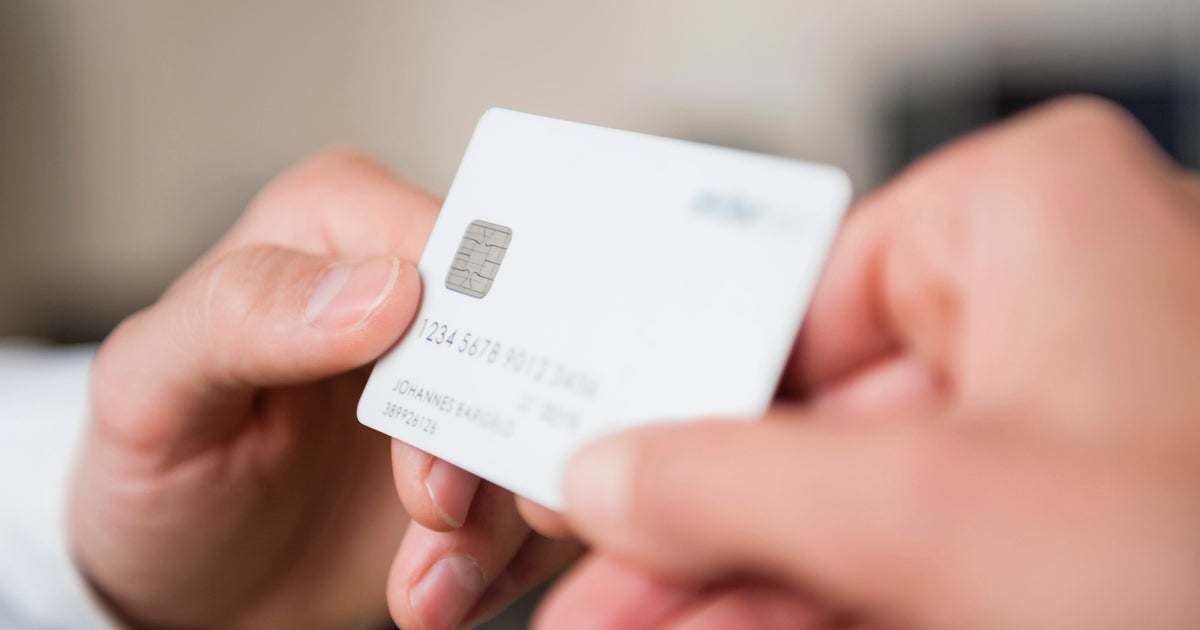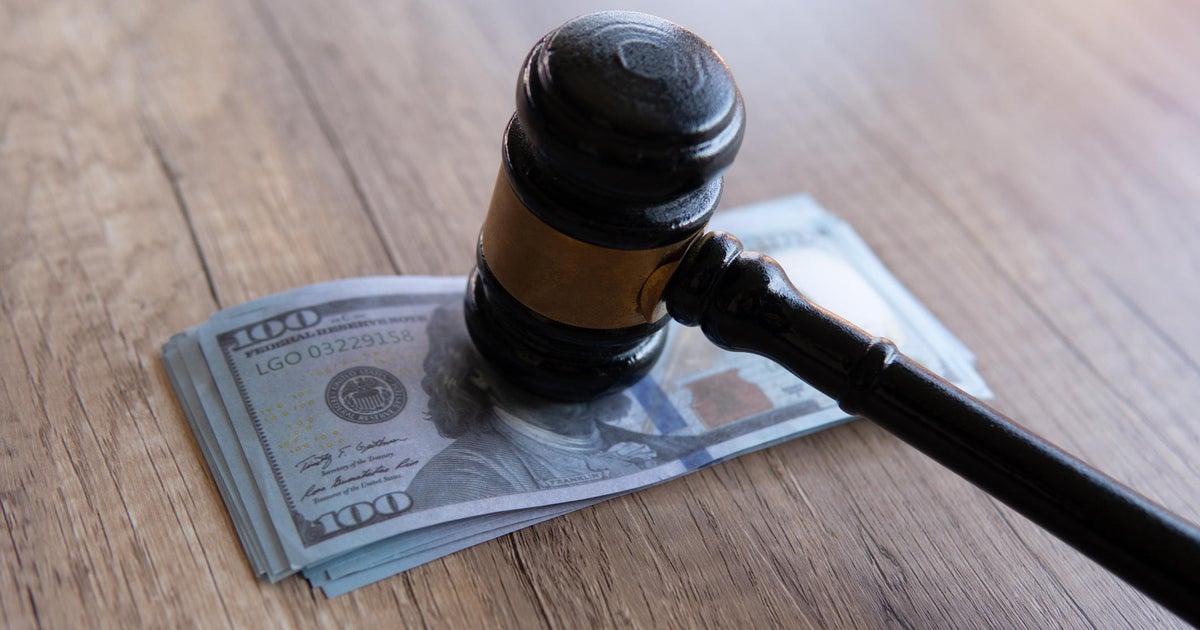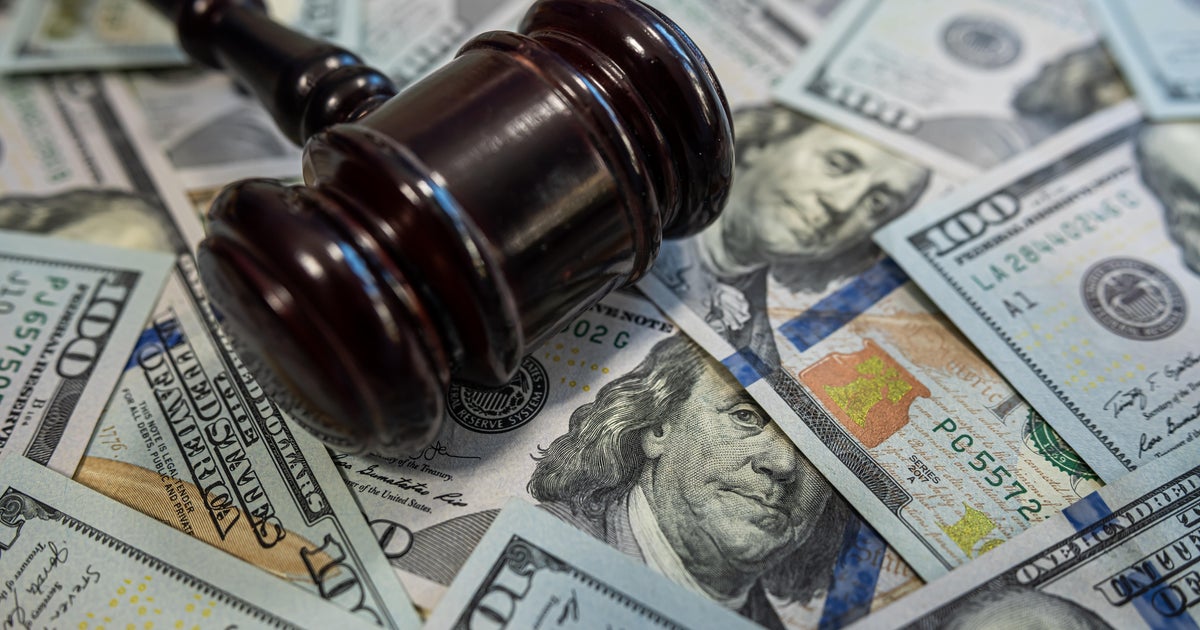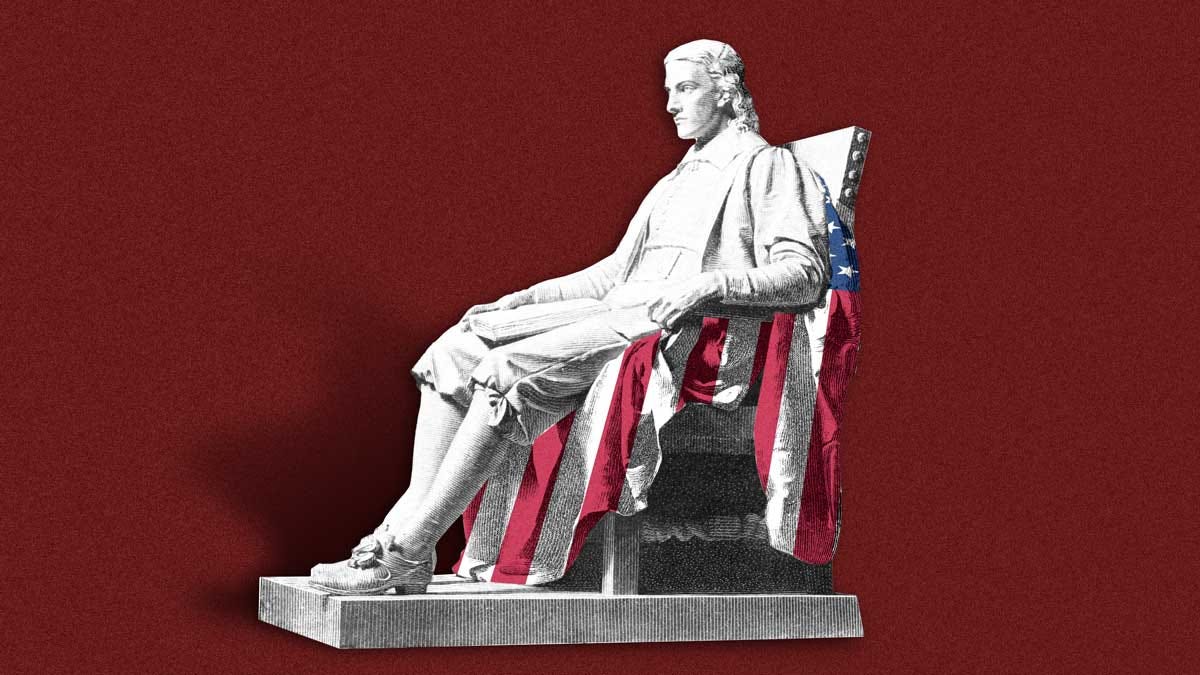How to protect your money from garnishment by debt collectors
When you're behind on debt payments and debt collectors are calling, the threat of escalating consequences — like wage or bank account garnishment — can be a major concern. Garnishment occurs when a creditor obtains a court order to take money directly from your paycheck or bank account to satisfy an unpaid debt. While not all unpaid debts lead to garnishment, certain debts, like unpaid credit card balances, medical bills or personal loans, can escalate to that point if they remain unresolved.
Should a creditor sue you and win, they can seek a garnishment order that allows them to collect what's owed by pulling a portion of your funds from your bank account or by garnishing up to 25% of your paycheck before you ever receive it. This can disrupt your finances quickly and make it difficult to pay for necessities like housing, food and utilities, especially if you're already on a tight budget before the garnishment order was put in place.
The upside is that there are steps you can take to protect your money if you're at risk of garnishment. And, the sooner you act, the better your chances are of avoiding these issues altogether.
Start getting rid of your collection debt today.
How to protect your money from garnishment by debt collectors
Whether you're currently being threatened with a lawsuit or just want to get ahead of your debt, here's how to protect your money from garnishment by debt collectors.
Settle your debt before it goes to court
One of the better ways to avoid garnishment is to act early — before the debt collector files a lawsuit. If you're behind on payments, reach out to your creditor or the debt collector to see if you can negotiate a debt settlement instead of paying in full. When you settle this type of debt, you agree to pay a portion of the debt in a lump sum in exchange for having the rest forgiven. This strategy not only avoids a lawsuit but also keeps your wages and bank account safe.
Debt collectors are often willing to settle because suing for the full amount may not be worth the time and legal fees, especially if you don't have the money to pay a judgment or they think you are at risk of filing for bankruptcy, which would leave them with no payment on the debt. Just make sure to get the agreement in writing before sending any money, and confirm that your payment will satisfy the debt in full.
Start tackling your outstanding debt now.
Pay off what's owed through a consolidation program
If you're juggling multiple debts in collection, a debt relief option like a debt consolidation program could help. These programs work by combining all of your unsecured debts into one loan and one manageable monthly payment, often at a lower interest rate than your credit cards.
When you enroll in this type of program, you take out a loan from a debt relief company's third-party lender partner and that money is used to pay off your debts. You then make one monthly payment to the debt relief company to repay the loan over time. This wipes out your collection debt, removing the risk of it escalating to a lawsuit and a subsequent garnishment order.
Know your legal exemptions
Not all money is eligible for garnishment. Federal law provides exemptions for certain types of income and benefits. For example, Social Security, disability benefits, veterans' benefits, federal retirement benefits and some pension payments are generally protected from garnishment by regular creditors (though they may still be garnished for child support, alimony or federal debts like taxes or student loans).
Many states also have state-specific exemptions that allow you to protect a certain amount of cash or personal property. For example, some states exempt a portion of your wages from being garnished by debt collectors, regardless of their source. Understanding the specific exemptions available in your state can help you protect at least some of your assets from garnishment.
When claiming exemptions on either the state or federal level, you typically need to file paperwork with the court after receiving notice of the garnishment. So, don't ignore these notices — they provide you with the opportunity to assert your legal protections.
Consider bankruptcy protection
If your debt is unmanageable and garnishment has already begun, filing for bankruptcy may be a tool to consider. When you file for bankruptcy, an automatic stay goes into effect that stops most collection activities, including garnishment. So, while bankruptcy is a serious financial decision that can affect your credit for several years, it can also stop further damage to your finances.
There are two primary types of consumer bankruptcy: Chapter 7 and Chapter 13. Chapter 7 can wipe out most unsecured debts, including credit card debt, medical debt or other types of unsecured loan debt that's in collections, while Chapter 13 allows you to repay some or all of your debts over a three- to five-year period.
The bottom line
Garnishment doesn't have to be the end of your financial story. Whether you're trying to avoid a lawsuit or stop an active garnishment, there are several strategies you can use to protect your money and resolve your debts. From negotiating a settlement or entering a debt relief program to filing exemptions or bankruptcy, the key is to act sooner rather than later. So, don't wait for the debt issues you're facing to escalate to the point of your paycheck or bank account being impacted. Take proactive steps now to get back on track and reclaim control of your finances.
